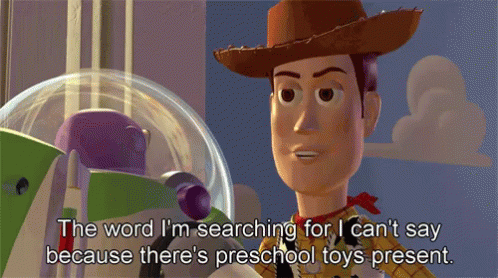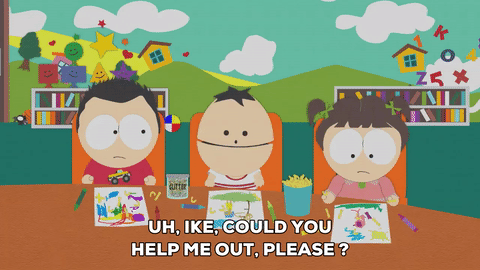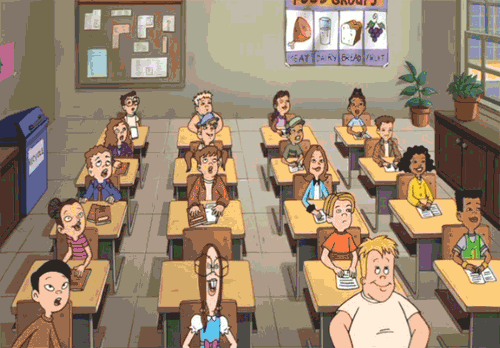
Preparing Your Child For A Bright Future
Parents wish their child to succeed. Starting from the conception in the womb to the child’s college graduation, parents will dream of the infinite opportunities he or she may have. But those dreams will only be dreams unless you, as parents, do something about it. A bright future for your child lies ahead by investing for his or her education.
Correct education is a great equalizer. It does not discriminate on age, gender, financial capabilities nor social standing. It focuses on the unique abilities of each person, strengthening those qualities and molding the person to become the best at what they do. But education does not only start from school. It starts the moment the child is conceived. At the same time, it does not end in school. You still need to guide your child along the way.
EDUCATION FROM DAY 0

Responsible education starts with you, the parent. Upon conception, the mother should already take care of herself and the baby. Have a healthy diet, follow what the doctor’s advice, and maintain a sound mind. Aside from these, the following eighteen to twenty years of the child will revolve schooling. This will be a great chance to scout for the best school for your child.
WELCOME TO THE WORLD
Bringing the baby into the world is one of the most special moments in life a parent could have. The child’s mental faculty is still in the development stage. Doctors usually advice to always hold the baby so it can have some sense of security and also establish the connection between a parent and the child.
Remember this is where everyone learns their fundamentals. They still have no idea what is right or wrong, so there must always be close supervision. The Mayo Clinic set up some advice during this development stage. Create a safe learning environment, keep talking to your baby, and set limits.

You will witness the development of the child’s comprehension, speech, and motor skills as the years go by. As new concepts and ideas come into your child’s head, you should also set some new boundaries and rules. This stage is very crucial for the development of your child’s mental faculty.
Experts also agree with the danger of technology for children under two years of age. Even until five, you must limit their exposure to technology and encourage them to play with the other kids. Indeed, certain apps on the phone are educational, the social interaction that is being developed cannot be discounted.
PRE-SCHOOL: THE START OF K-12

By the age of four, your child should already be ready to enter pre-school. There will be a huge adjustment for the child, transitioning from being taught at home within the comforts of the family to a classroom with new and unfamiliar faces. This is where education starts being introduced to the child. Social dynamics will be enhanced as well. Your child’s classmates will be his or her new playmates as well.
BASIC TO COMPLEX

Once a child finishes preschool, the basic education program will kick in. There are three periods for the basic curriculum. The first one is an elementary school, followed by junior high school, and will end by the newly established senior high school. It will take six, four, and two years to finish each school, respectively. As the child progresses through the schools, it gets difficult by the year. And as a parent, it is also our responsibility to help the child experience and enjoy their youth.
Elementary school will take six years. From a half-day class to a full day, 1st graders will still retain some playfulness even while class is commencing. Yet the years will pass by and the child will be more familiar with new concepts.

Secondary school is split between a junior high school and senior high school. This is a new concept for most Filipinos since the first enrollees of senior high school was only last 2016. The junior high school has the same concept as the “high school” most of us experienced. More complicated subjects are added to the mix, as well as new methodologies. Studying is more rigid than elementary schools.
Socially, this is where romance starts in the part of a child’s life. Always offer guidance but you also need to learn to give some space. The child is being more aware of his or her appearance, thus there are a few things that they might want to try.
Senior high school is a class of its own. It has specializations or strands so your child can already have a rough idea what their prospective careers will be. The strands offered are Business, Accountancy, and Management; History, Education, and Social Sciences (HESS); Science, Technology, Engineering, Mathematics (STEM); General Academic Strand (GAS). The incessant question of “what do you want to be when you grow up?” will be a great way to know which strand should child pick. The General Academic Strand is currently the strand holding the most students, this is perfect for students who want a broader horizon for their careers.
HIGHER EDUCATION

The college will determine which profession your child will pursue. Being to complexed and specialized, aside from the financial support, the only thing we can help as a parent is being with them in their times of need. But at this point, you can already see your child, into the horizon braving a new world.
